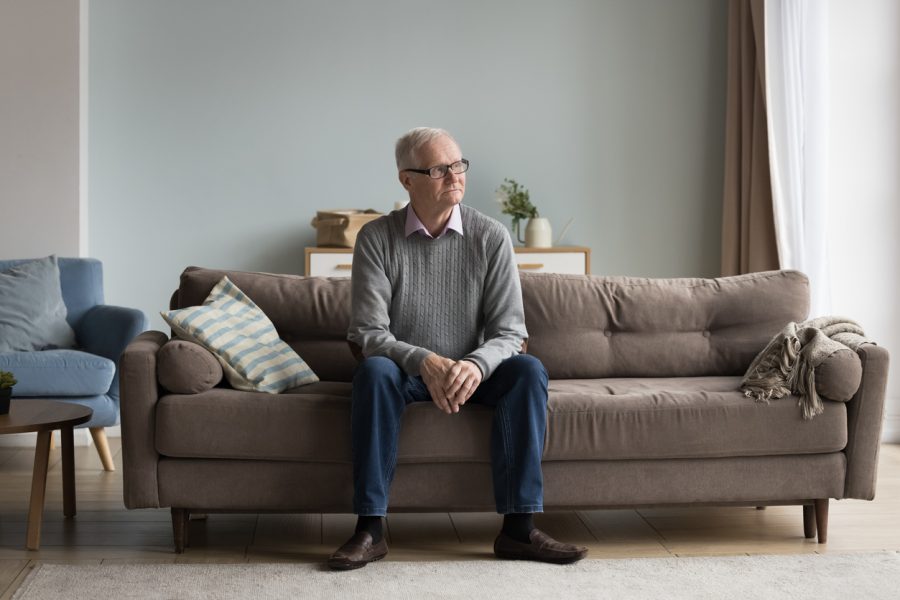When caring for someone living with dementia, you might notice them experiencing moments when they see or interact with people who aren’t there. For instance, they might see children playing in the room, express a desire to take care of these children, or even insist on driving them somewhere. These experiences can be unsettling, but understanding why they happen and how to respond can make these moments more manageable for both you and your loved one.
Why Hallucinations Occur in Dementia
Dementia involves a decline in cognitive function due to damage in the brain beyond what might be expected from normal aging. This decline can affect memory, thinking, orientation, comprehension, calculation, learning capacity, language, and judgment. Hallucinations, particularly visual hallucinations, are a common symptom in various types of dementia, including Alzheimer’s disease and Lewy body dementia.
These hallucinations occur because dementia changes the way the brain processes information. Parts of the brain that interpret visual or sensory inputs may malfunction. As dementia progresses, these hallucinations can become more frequent or more vivid.
Understanding the Person’s Reality
For someone living with dementia, the reality of what they see or hear is as genuine as anything else in their world. When they see children who aren’t there, they react as any caring adult would: with concern and a sense of responsibility. This response underscores the profound disorientation and confusion that people living with dementia often feel.
How to Respond to Hallucinations
Stay Calm and Offer Reassurance: Your loved one may feel scared or confused by their hallucinations. Offer comfort without dismissing their experiences. A gentle touch or a soothing tone of voice can provide significant reassurance.
Enter Their Reality: Instead of correcting them, which might cause agitation or distress, step into their world. Acknowledge what they’re experiencing. For example, if they want to drive the children somewhere, you might say, “It’s nice of you to care for the children. I’m on carpool duty today and can take them.”
Distract and Redirect: After acknowledging their experience, gently shift their attention to another activity. You might suggest a walk, a snack, or looking at family photos together. This approach can take their mind off of the hallucination.
Ensure a Safe Environment: Remove objects that might contribute to misperceptions or could be dangerous if your loved one attempts to interact with their hallucinations. Safety is paramount.
Monitor and Discuss Changes with Healthcare Providers: Keeping the healthcare team informed about the frequency and nature of hallucinations can help them adjust medications or suggest other strategies to manage symptoms effectively.
Educate Yourself and Seek Support: Understanding the progression of dementia and its symptoms can prepare you for changes in your loved one’s behavior and needs. Support groups and counseling can also provide coping strategies and emotional support.
Creating a Compassionate Space
Caring for someone living with dementia requires patience, love, and flexibility. The ability to adapt to your loved one’s reality rather than forcing them to conform to a world they no longer understand is crucial. By entering their world and validating their experiences, you not only minimize stress and anxiety but also honor their feelings and humanity at a challenging time in their lives.
As dementia progresses, the needs of the person you care for will change. Being informed, prepared, and empathetic in your approach will help you manage the complexities of care with compassion and understanding. Remember, you’re not alone—resources and support networks are available to help you on this journey.
If you need dementia caregiver support, please join my dementia support group or schedule your 30-minute consultation.
Connect with Tami
Get information, guidance, and support delivered to your inbox each month.

